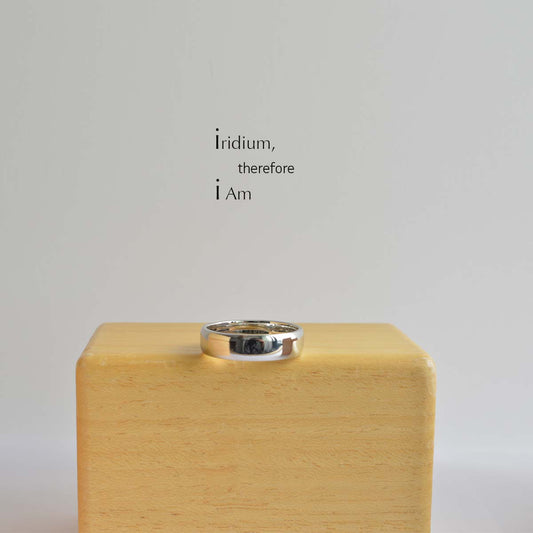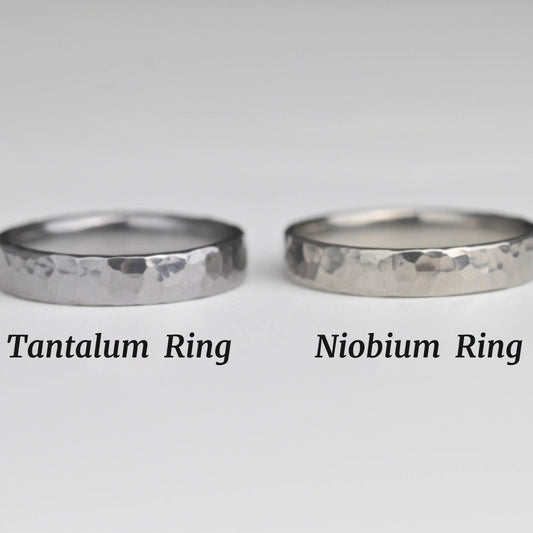The Seven Cs Navigating Communication with Clarity and Charisma
The Seven Cs Navigating Communication with Clarity and Charisma
Growing up, my grandmother often emphasized the importance of effective communication. She was a schoolteacher with a knack for brevity and precision, and she often spoke about what she called the "Seven Cs." Initially, I thought it was one of her whimsical phrases, perhaps akin to the seven seas. It wasn't until I started my first job in marketing that I realized the true essence of those Seven Cs and how they could transform not just workplace interactions but everyday conversations.
Clarity was my grandmother's favorite C—something she demonstrated each time she gave me instructions on how to bake her beloved apple pie. "Be clear about what you want, darling," she'd say, as I confusedly sifted through flour and sugar. And clarity isn't just about being understood; it's about not leaving room for misinterpretation. Imagine pitching a project where every word counts, and each point must slice through like a hot knife through butter—clarity ensures your message isn't diluted.
Conciseness follows closely, a sibling to clarity. In our fast-paced world, nobody has the time or patience to wade through a swamp of words to find the gem of your message. Conciseness is why Twitter's character limit works so well—it forces you to distill your thoughts into their most potent form. When I first started writing professionally, I thought more words were better, until an editor mercilessly chopped through my verbose paragraphs. It was then I realized: concise is compelling.
Then there's the ever-reliable C of Correctness, which my college roommate learned the hard way. A single typo in a cover letter cost him a dream internship at a publishing house. Accuracy builds trust; it tells your audience that you're dedicated to getting things right, and in a world rife with misinformation, this C has never been more crucial.
Completeness ensures your message doesn't leave the audience hanging. It's like watching a movie that ends abruptly before the climax—you feel cheated. Deliver everything needed to understand the narrative fully, whether that's sufficient data in a report or all the ingredients in a recipe.
Consideration adds a layer of empathy to communication. The best conversations I've had were with people who genuinely listened and responded thoughtfully, making me feel valued. This isn't just about being polite—it's strategic. Businesses thrive when they consider their customers' needs, employees excel when their concerns are addressed, and relationships flourish when both parties feel heard.
Concreteness and Courtesy round off the Seven Cs, adding texture and warmth. Concreteness prevents vagueness and builds a strong foundation through tangible facts and figures. Courtesy, meanwhile, lubricates interactions with respect and kindness. The world is harsh enough without careless words, and a little civility can go a long way in making lasting connections.
The Seven Cs may sound like business jargon, but they're fundamentally about respecting others' time and intelligence, showing that you care enough to get it right. So, next time you're crafting an email, making a phone call, or even chatting over coffee, consider these Cs—not as rigid rules, but as gentle guidelines that might just make communication a little more human and a lot more effective.




























